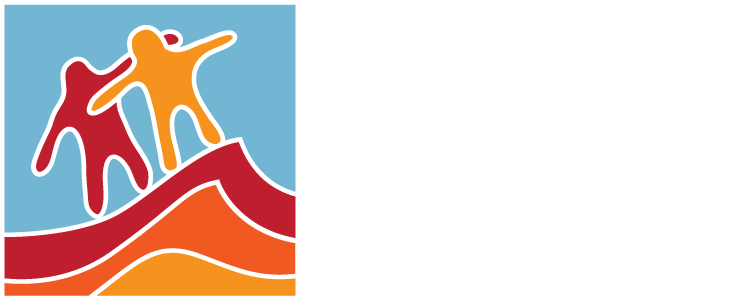In recent weeks the global response to the outbreak of coronavirus (COVID-19) has escalated, making many people feel anxious and stressed.
The Mental Health Association of Central Australia offers the following tips to help reduce anxiety during this time:
Source information from credible sources
Get information from official sources to avoid misinformation. For NT updates go to https://securent.nt.gov.au/alerts/coronavirus-covid-19-updates. Call the coronavirus hotline 1800 008 002 with any concerns.
Manage time online and listening to news
Constant negative information is bad for our mental health and it is easy to get drawn into opinions and misinformation. Set a time limit each day to check in, and balance time online with connecting with others and relaxing activities.
Follow advice on safety and hygiene measures
Following advice to increase your safety is a practical way to manage anxiety. Find more information at https://www.health.gov.au/
Manage financial distress
A range of Government financial support measures have been put in place. Whilst services strive to meet demand keeping calm is critical when navigating what options are available. Individuals can find information at https://www.servicesaustralia.gov.au/COVID19 Businesses can find information at https://treasury.gov.au/coronavirus/businesses and https://business.nt.gov.au/support-for-business/recovery
Have honest conversations with children
Sharing information in an appropriate way using facts helps children manage their own anxiety. Be aware of your own behaviour as children often take cues from adults. Older children can access support at https://kidshelpline.com.au/coronavirus
Take care of the health basics
Eating healthy food, exercising, having a good night’s sleep and reducing alcohol, caffeine, smoking and other drugs all help to manage anxiety.
Keep socially connected
Think of creative ways to connect with family and friends including phone calls, social media, emails, video chats, letters, online interest groups or neighbourhood support groups.
Utilise relaxation techniques
Try activities like deep breathing, mindfulness, meditation, walking the dog, reading a book, having a cup of tea, listening to music or reading a magazine or book. Shifting your focus can make a big difference.
Care for others
Are there people around you who might be struggling that you could check in with? Investigate online groups that aim to connect elderly and vulnerable people in our community with people who can offer support.
Use online and phone support services
Reach out if you are feeling distressed. Services are available 24 hours a day.
Lifeline 13 11 14 www.lifeline.org.au Lifeline text service (evenings) 0477 13 11 14.
Beyond Blue 1300 22 4636 www.beyondblue.org.au
Kids Helpline 1800 55 1800 www.kidshelpline.com.au

